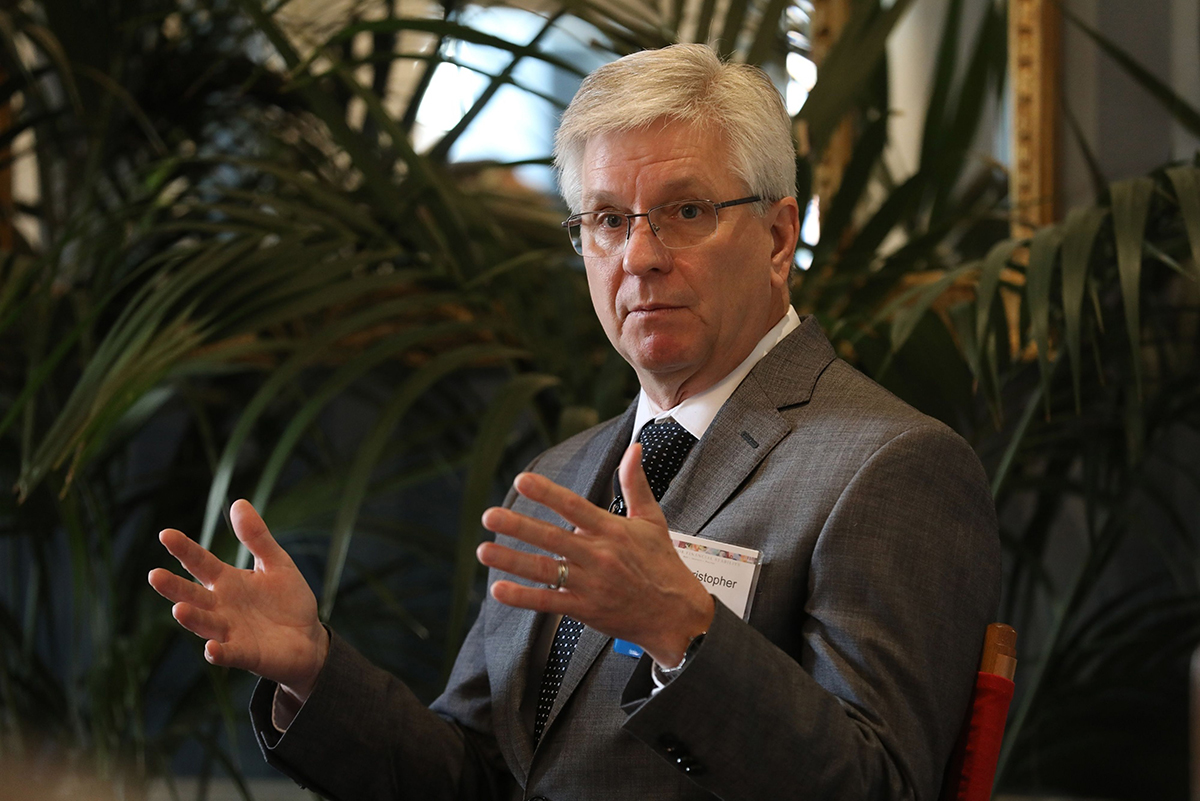 Christopher Waller, governor of the U.S. Federal Reserve, speaks during the Center for Financial Stability Event in New York, U.S., on Friday, Nov. 19, 2021.
Christopher Waller, governor of the U.S. Federal Reserve, speaks during the Center for Financial Stability Event in New York, U.S., on Friday, Nov. 19, 2021.
Economists Olivier Blanchard and Lawrence Summers said a paper by Federal Reserve Governor Christopher Waller that found a soft landing is a plausible outcome for the labor market "contains misleading conclusions, errors, and factual mistakes."
The paper by Waller and his Fed research colleague Andrew Figura, released July 29, criticized the approach of research earlier in the month by Summers, Blanchard, and Alex Domash that argued the central bank would be unlikely to achieve its goal without inflicting a "painful" spike in unemployment.
Recommended For You
In a response on the Peterson Institute for International Economics' website published Monday, Blanchard, Domash, and Summers said that it is understandable for senior Fed officials to hold out the prospect of a so-called soft landing for the economy, where inflation declines without a high cost to employment.
"We find it entirely unconvincing as support for the 'soft landing' idea—pushed most recently by Fed Chair Jerome Powell in his July press conference—that vacancies can decline substantially, taking pressure off inflation without driving unemployment way up," they said. "Rather, the data support our conclusion that vacancies are very unlikely to normalize without a major increase in unemployment."
A Fed spokesperson said the central bank had no immediate comment.
Figura and Waller used the so-called Beveridge curve, which plots the job-openings rate against the unemployment rate, and found that a decline in the vacancy rate from 7 percent to 4.6 percent would lead to an increase in the unemployment rate of about 1 percentage point or less.
"We recognize that it would be unprecedented for vacancies to decline by a large amount without the economy falling into recession. As a result, we are, in effect, saying that something unprecedented can occur because the labor market is in an unprecedented situation," Figura and Waller wrote in a note published on the Fed's website. "Because the V-U ratio is so high currently, it is possible to reduce vacancies with a much smaller effect on hiring than is typical."
© Touchpoint Markets, All Rights Reserved. Request academic re-use from www.copyright.com. All other uses, submit a request to [email protected]. For more inforrmation visit Asset & Logo Licensing.



